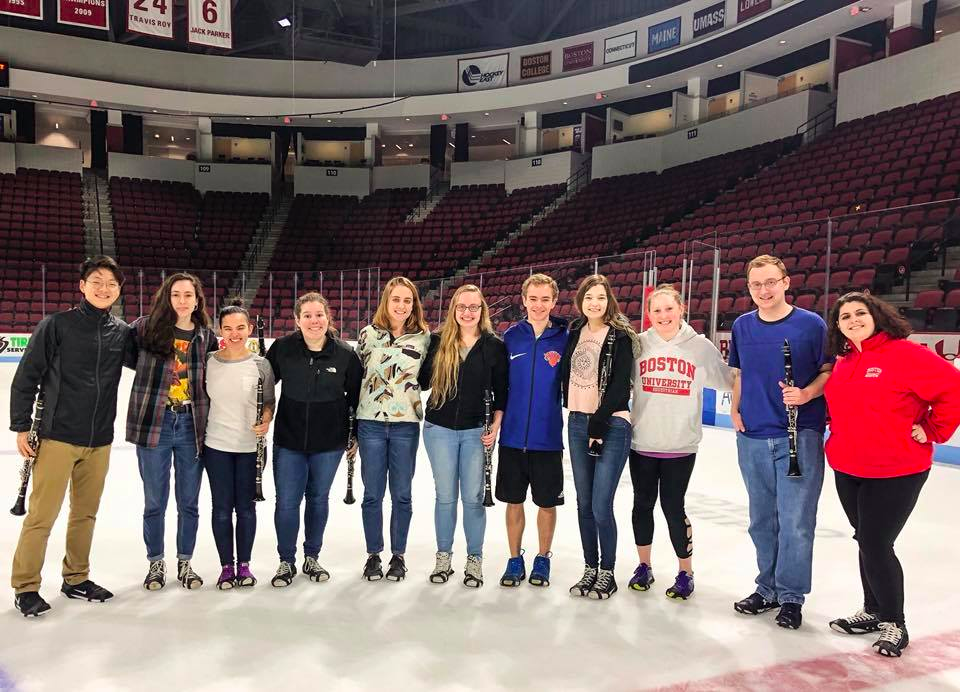Sixteen-year-old Simon Spier (Nick Robinson) is an average high-schooler living in an upper middle class Atlanta suburb. He has a great group of friends, both old and new, in Nick, Leah, and Abby. His younger sister, Nora, aspires to be a chef. He plays vinyl records at home and is in his high school theater production of “Cabaret.”
As normal as his life seems, Simon just has one huge secret: no one knows he’s gay.
Told over the course of a memorable school year, this film, directed by Greg Berlanti and based on the 2015 novel “Simon vs. the Homo Sapiens Agenda” by Becky Albertalli, is a coming-out story with some fun twists.
Simon connects with another closeted gay student through the school’s gossip blog, and they begin to email, neither knowing each other’s name or face. Trouble appears when Simon’s fellow class clown actor Martin (Logan Miller) finds out about the emails and uses them to “convince” (read: blackmail) Simon to set him up with Abby (Alexandra Shipp).
“Love, Simon” is an important film in that it is much more a coming out story than a traditional romance. Our protagonist is gay, and his eventual love interest is also diverse in more than one way. We need characters like this. We need books like this. We need films like this. I’m glad this wasn’t a romance; Simon needed the time to work out his sexuality, and he got an entire movie’s worth. The virtual romance takes place through read-out emails, and the in-person romance is implied.
Led by a great cast, this film strolls through its early scenes with an easy grace, leading to a weighted third act. Robinson shines as Simon, a sideline role finally brought onto center stage. Out of Simon’s three main friends, unfortunately only Shipp’s Abby gets enough screen time to show much personality along with making comments that allude to a rougher childhood than her glossier friends. Smarmy Martin is the closest thing the movie has to an antagonist, yet I found myself liking him, even with the…blackmail going on in the background. Jennifer Garner and Josh Duhamel play a set of supportive parents in a concrete way that feels lasting. The separate conversations they have with their son about his coming out are necessary scenes.
The film uses its premise well, teasing who the anonymous email pal is throughout the film with different boys Simon meets. There are also a pair of mirrored scenes that start and end the film that I thoroughly enjoyed.
My only negative (if you can call it that) is that this film is just a little too glossy. Simon is obviously upper middle class, as are, presumably, the majority of the other characters. There is prominent product placement with new Apple Macs and iPhones. Simon and his friends are secure enough in that they can afford iced coffee every day on the way to school. Simon has a vinyl record player and actually uses it. I’m not begrudging the film these traits, and I know that wasn’t the point, but I am tired of seeing novels and movies where the main characters are always white and upper or middle class. Though it is true that Abby, Nick, and a handful of others are played by people of color, they are still supporting characters.
Overall, I’d say this film has the potential to be a classic, and I definitely recommend it despite its upper middle class gloss.




